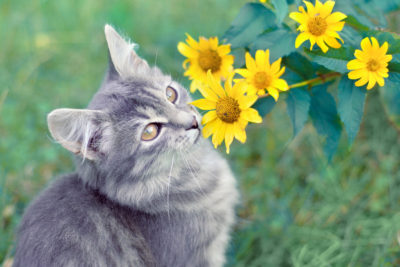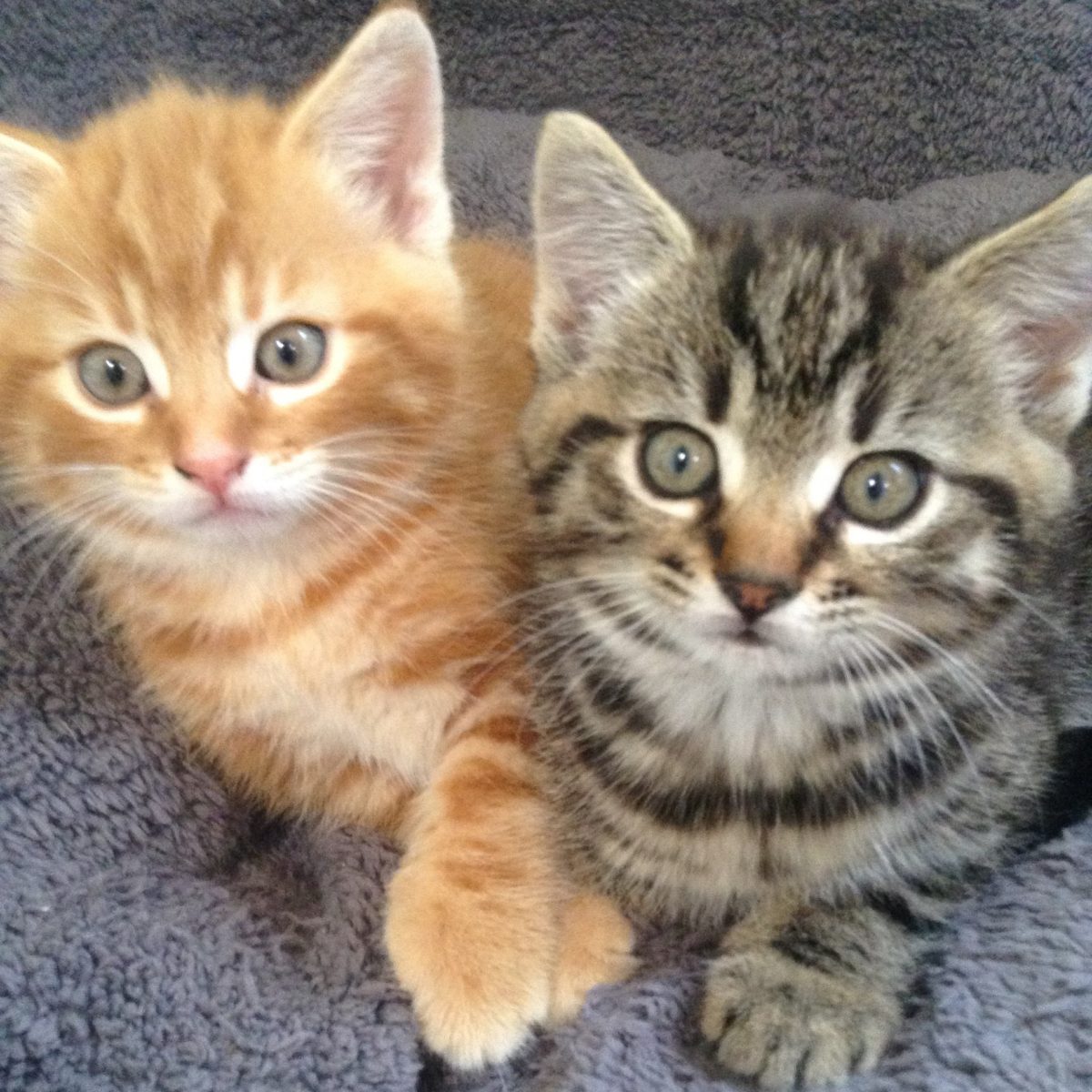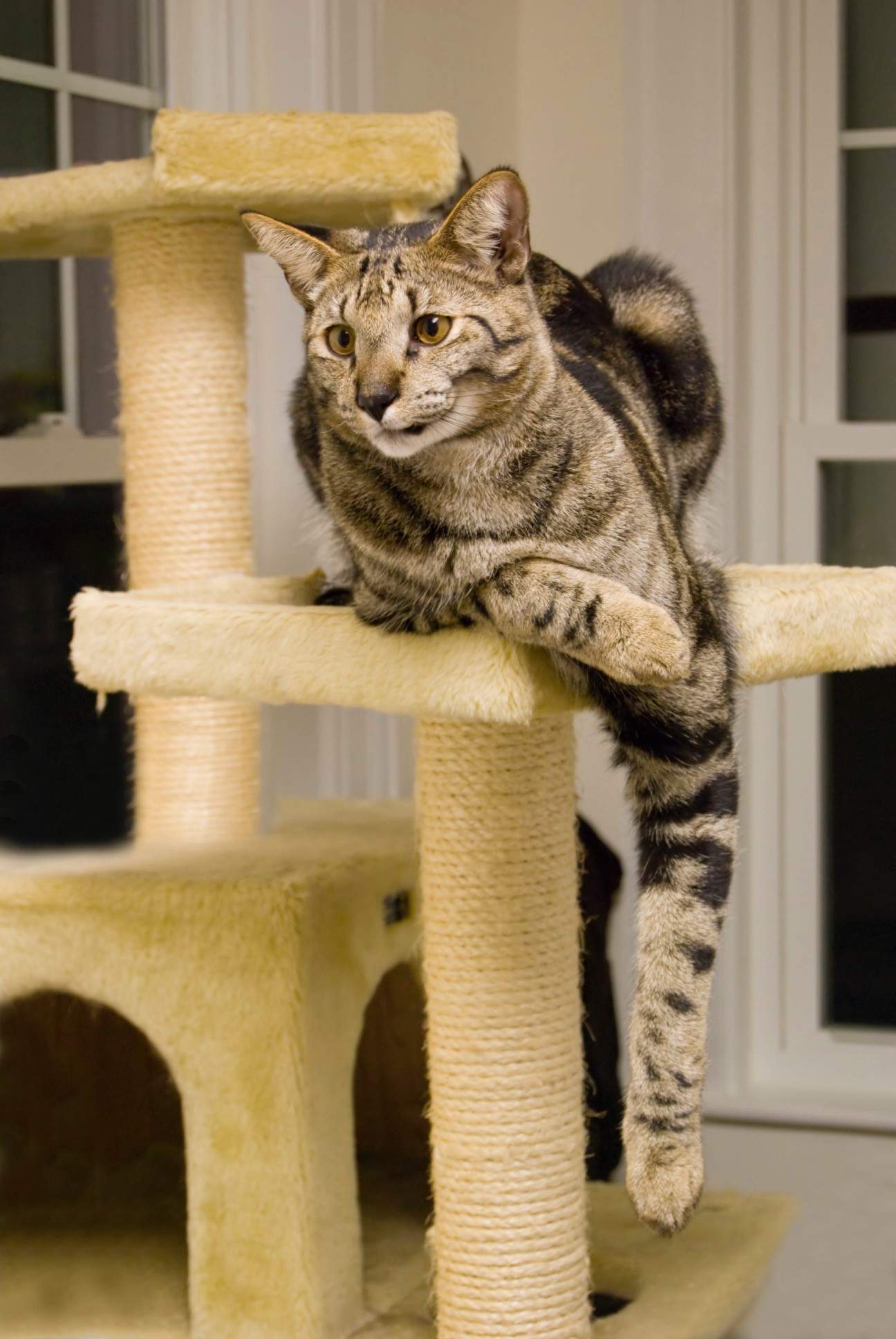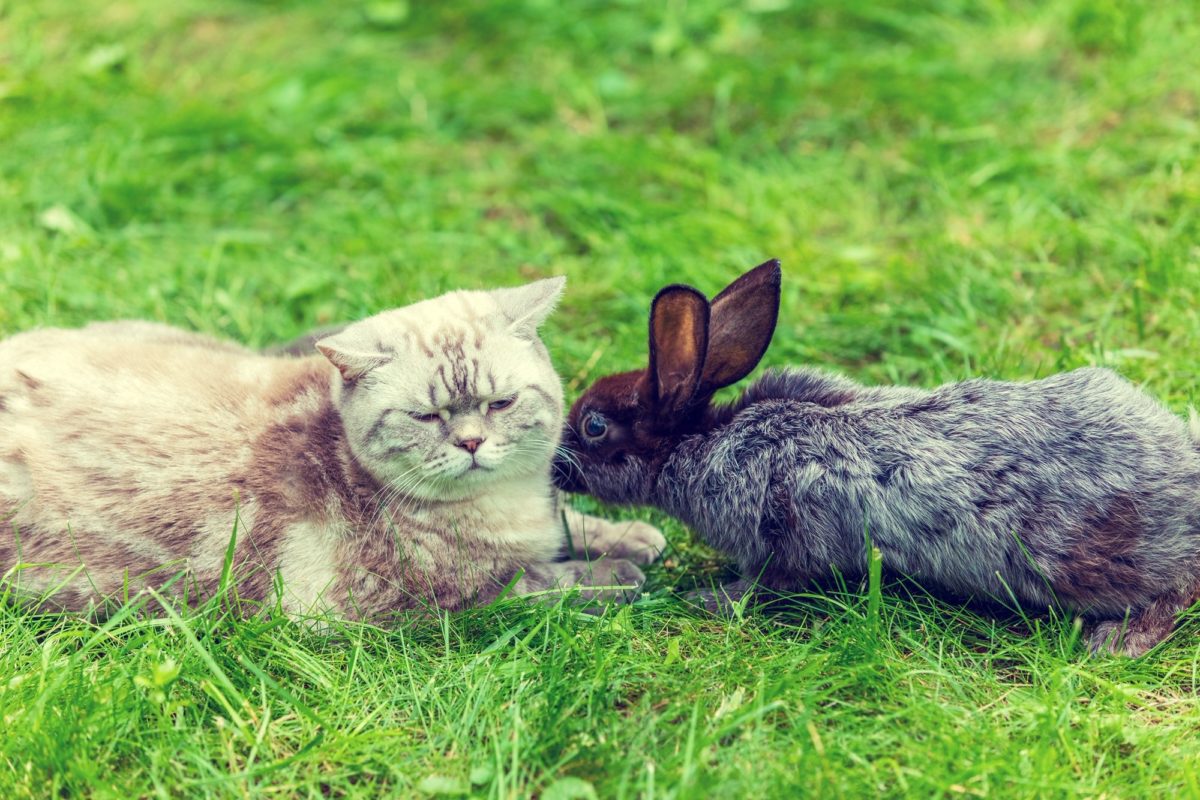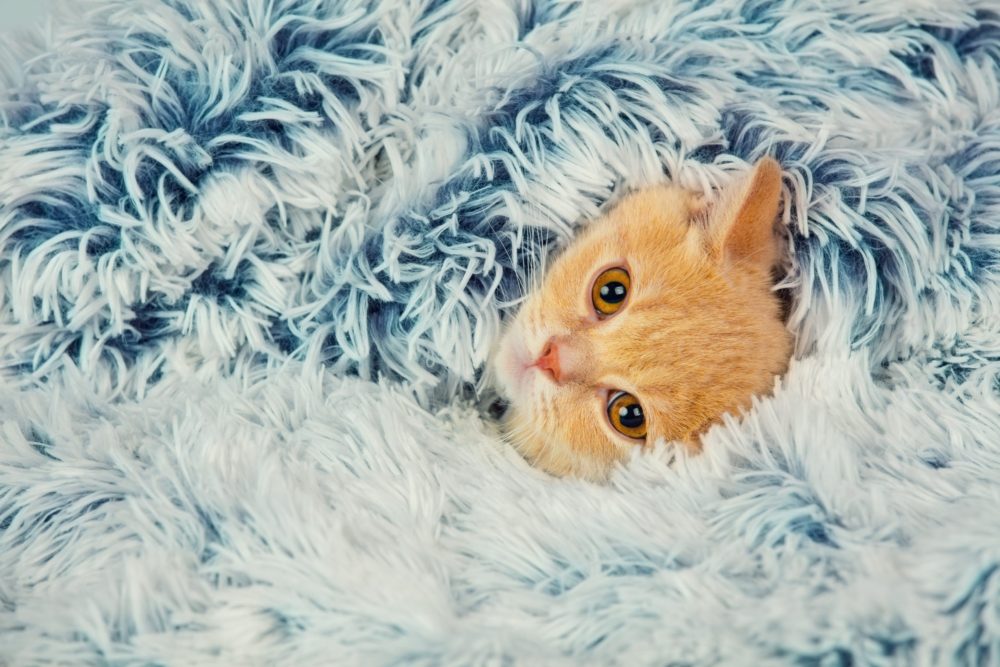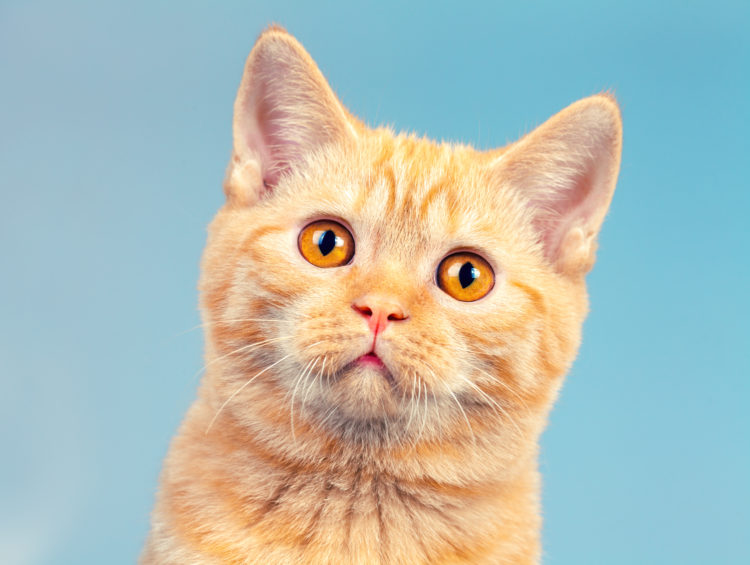
Has my cat been poisoned? Symptoms-Causes-Treatment
As cat owners we haven’t had a poisoning experience so far, and we hope we never will, but we feel it’s important to gain as much knowledge on the subject as we can as a cat’s inquisitive character can put them at risk of ingesting or coming into contact with poisonous substances.
Cats may ingest poisons from a variety of sources; see details below for various dangers. If you think your cat has been poisoned, even if there are no visible signs, take him/her immediately to the vet for professional advice. Take with you a sample of what has been swallowed if this is possible. If the poisonous substance is on their fur or paws, wrap the cat up in a towel so that they cannot lick any more of the substance.
What food is poisonous to cats?
- The following human foods can be harmful to cats:
- Milk and cream can cause diarrhoea, as most cats do not have necessary enzymes to digest dairy products. Special formula “cat milk” is available.
- Onions, garlic, and chives cause gastric upsets and may lead to anaemia.
- Grapes and raisins are thought to cause kidney damage.
- The alkaloid theobromine in chocolate is highly toxic to cats.
- Raw eggs may contain the bacteria that cause food poisoning. Uncooked egg white disrupts vitamin B absorption in cats, leading to skin problems.
- Raw meat and fish may contain harmful enzymes and also cause fatal bacteria poisoning.
- Small splintery bones in cooked food can become lodged in the throat or further down the digestive tract, causing blockage and tearing the intestinal lining.
What plants are poisonous to cats?
 There are many plants in the house and garden, which can be toxic to cats, either when eaten or if the cat licks herself after brushing against the plant. Some common examples are listed but this list is by no means exhaustive. Please contact your vet for a complete list.
There are many plants in the house and garden, which can be toxic to cats, either when eaten or if the cat licks herself after brushing against the plant. Some common examples are listed but this list is by no means exhaustive. Please contact your vet for a complete list.
- Lilies
- Spider plants
- Cordyline (common garden plant for foliage)
- Dracaena (houseplant)
- Tulip and Narcissus bulbs
- Ivy
- Azaleas and Rhododendrons
- Amaryllis
- Autumn Crocus
What medicines are poisonous to cats?
- ‘Spot on’ flea treatments can be poisonous to cats if ingested therefore it is important to apply to the back of the cat’s neck where it can’t be licked whist your cat is grooming itself.
- Dog medicines can be toxic to cats.
- Human medicine should never be given to cats. Even one paracetamol tablet can be fatal to a cat.
What chemicals are poisonous to cats?
- Antifreeze, even a very small amount, can cause kidney damage, coma, seizures and even death to a cat. Check that antifreeze containers are stored safely and ensure your vehicles aren’t leaking antifreeze.
- Paints and solvents can be swallowed by cats if they lick it off their fur. Ventilation of newly painted rooms is also important.
- Daily household cleaners such as bleaches and fabric detergents can burn a cat’s throat.
Can a cat die from eating a poisoned rat?
Rat and mouse poison, and slug pellets, are designed to kill pests but can also be lethal to cats. The poison can attack a cat’s nervous system or can cause internal bleeding. Your cat may also be at risk if he eats a poisoned animal. If you suspect cat has swallowed vermin bait call your vet immediately.
What are the symptoms of poisoning in a cat?
Some of the possible symptoms observed if a cat has been poisoned are:
- Weakness
- No energy
- Depression
- Vomiting
- Loss of appetite
- Diarrhoea
- Blue tongue and gums
- Tremors and seizures
- Breathing difficulties
- Dilated pupils
- Frequency in urination
- Coughing and sneezing
- Daily household cleaners such as bleaches and fabric detergents can burn a cat’s throat.
What can you do if your cat has been poisoned?
If you suspect your cat has been poisoned contact your vet IMMEDIATELY, even if there are no symptoms. Give the vet as much information as possible as to when, where and how the poisoning occurred. Your vet will advise the best course of action.
- It is not advisable to treat the cat without the expertise of a vet. Apart from calling the vet, useful steps are
keeping calm - Remove the cat from the poison if possible (without exposing yourself to danger)
- Keep your cat away from other cats or animals, this will avoid cross- contamination
- If the skin or fur has been in contact with an irritant / poison then wash with mild shampoo and water then towel dry.
- Wrap the cat in a towel so it cannot lick off any more of the substance.
- Never try to make your cat vomit yourself.
How can I protect my cat from being poisoned?
Prevention is always better than cure therefore protecting your home and surroundings from possible danger is sensible practice. Keeping the above listed poisons away from your cat and being aware of the dangers will help keep your feline friends safe and well.
Other articles you may find interesting:
